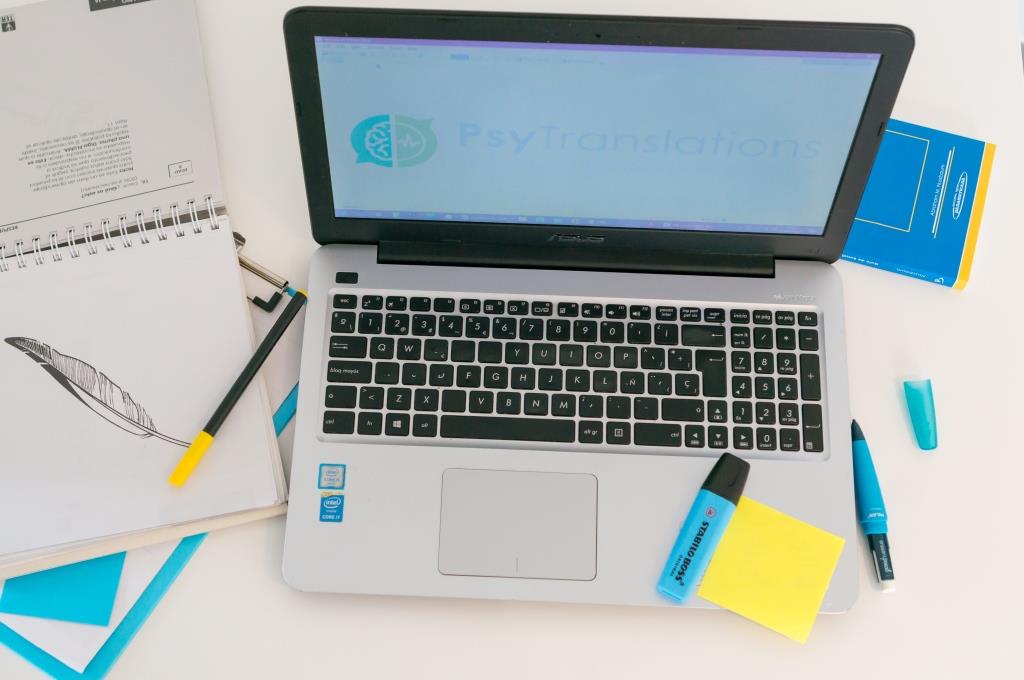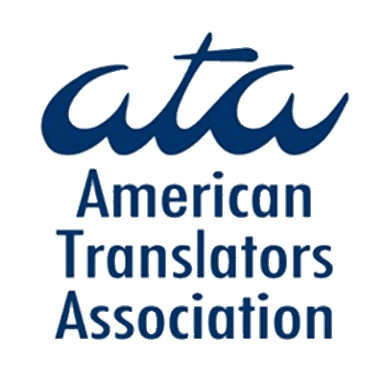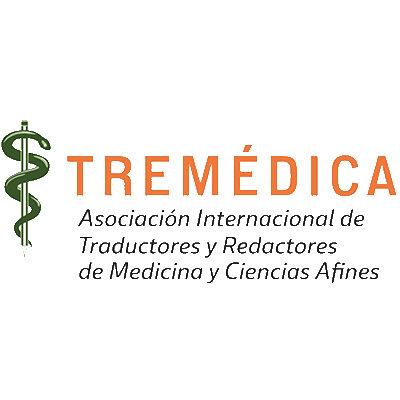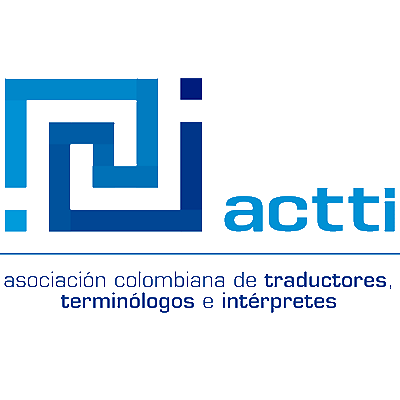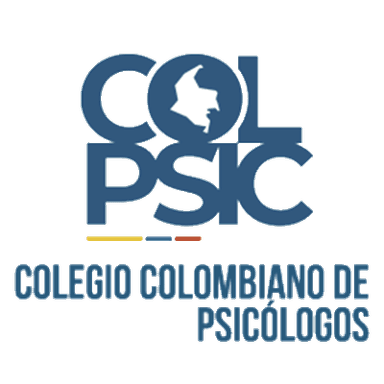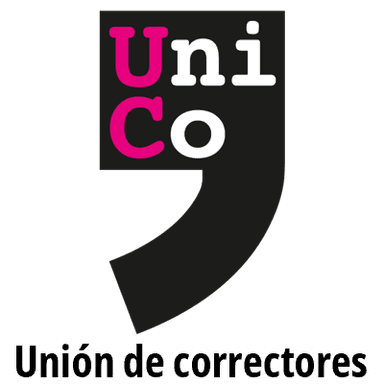Linguistic validation and test adaptation
There isn’t a single universal linguistic validation method that applies to every situation. The order, the specific steps, the quality assessment, the methods for detecting and dealing with bias, and other aspects can all differ.
But what they all have in common is the goal of producing an adaptation that maintains the validity of the interpretation and use of the original.
The most important guidelines in the industry call for the use of professional translators. Not only that, they recommend working with a professional translator who understands the specifics of test and questionnaire design that go beyond the purely linguistic.
When you’re faced with the need to use that test or questionnaire in another cultural and linguistic context, the same level of attention as went into the original is necessary to achieve equivalence. You also know you don’t need just a translation—you need an adaptation.
Choose a translator who can see the bigger picture in the adaptation process. Someone who will put the same level of care into your adapted items, integrate into your workflow, and work with your team.
What you need
- • Reliability, validity, and fairness.
- • Minimal variance in study data and impact on statistical power to detect effects.
- • Administration, scoring, interpretation variability, and cultural bias to be kept to a minimum to maximize standardization and reduce variance.
- • Avoidance of the introduction of errors in stems and options with poor item-writing practices.
How I deliver
- • Hands-on clinical experience and advanced degrees in the administration of psychological and neuropsychological assessments.
- • Experience in different roles of the linguistic validation processes.
- • Knowledge of item writing and test construction.
- • Assessment theory and psychometrics fundamentals.
- • Familiarity with industry standards (AERA/APA/NCME Standards, ITC Guidelines, ISPOR, FDA, ISOQOL, CCSG).
Working with Karol was a breeze. She was very responsive and delivered earlier than expected. I needed a Spanish translator, but it just so happened that she is also a Neuropsychologist and well-versed in mental health translations. A match made in heaven!”
Sandra S.
direct client

Questionnaires and COAs for clinical trials
Clinical outcome assessments are routinely used as a way of measuring outcomes in clinical trials. These include patient-reported outcomes (PROs), clinician-reported outcomes (ClinROs), observer-reported outcomes (ObsROs), and performance outcomes (PerfOs). The process of validating these outcomes (to obtain fit-for-purpose measures) for administration in a multilingual and multicultural patient base is outlined in various guidelines.
The most widely used measures are self-reported questionnaires for constructs like pain perception or quality of life.
But other measures, like neuropsychological assessments, are very complex. It’s vital to rely on translators specialized in neuropsychology translations, with knowledge of underlying theories and experience with test administration and context for a seamless adaptation.
Psychological and educational tests and surveys
Tests are used in a wide range of social and behavioral sciences (fields such as HR, sociology, and educational sciences) to assess different constructs, from personality to skills and knowledge.
The process used for test adaptation in this context can differ from the established procedures in clinical research (e.g., the TRAPD approach) and the scope can also differ (e.g., high-stakes testing).
It’s essential to have translators on your team who understand that sometimes intent comes before content in a test adaptation. Translators who understand their role in the different designs, looking to create measures that are psychometrically sound, appropriate for the target culture, and equivalent to the original.


Clinician review and language consulting
You need someone with a unique background and a very specific skill set to work with you on making your assessment as good as it can be.
Whether that’s as a rater, a rater trainer, clinician reviewer, subject-matter specialist, or item editor—that’s up to you!

